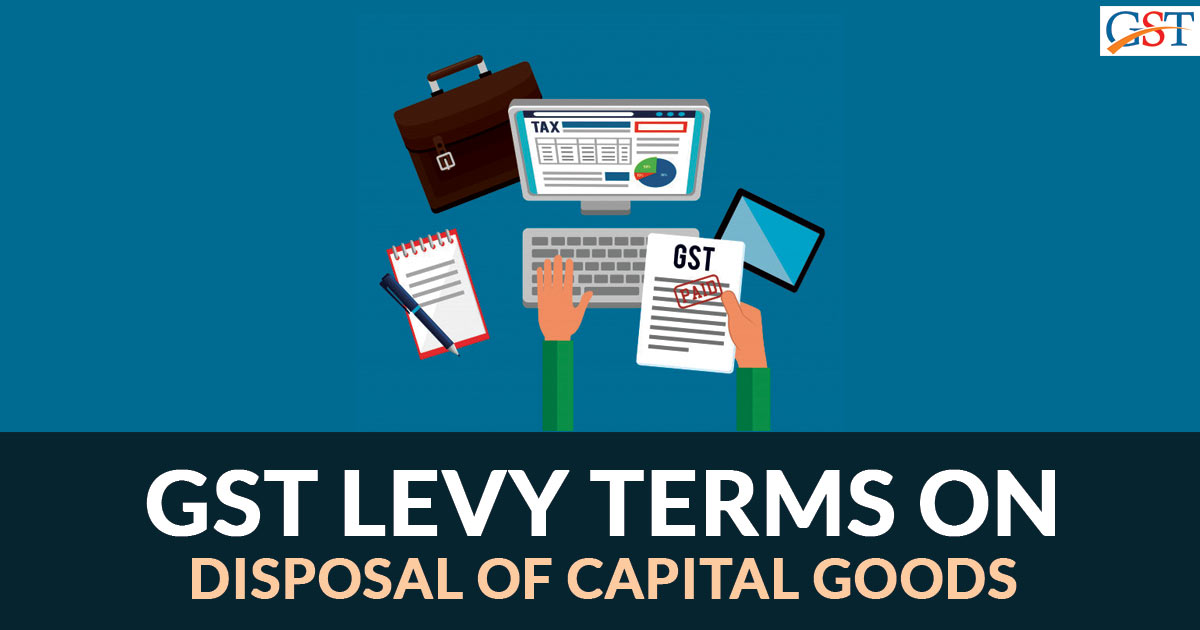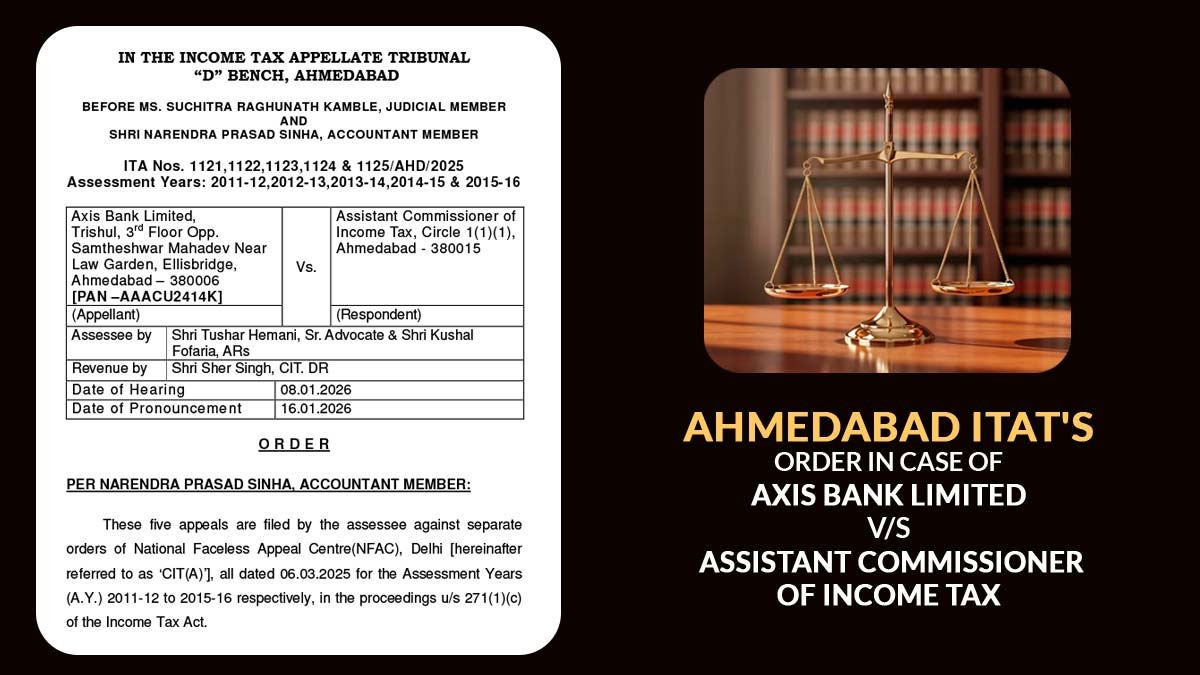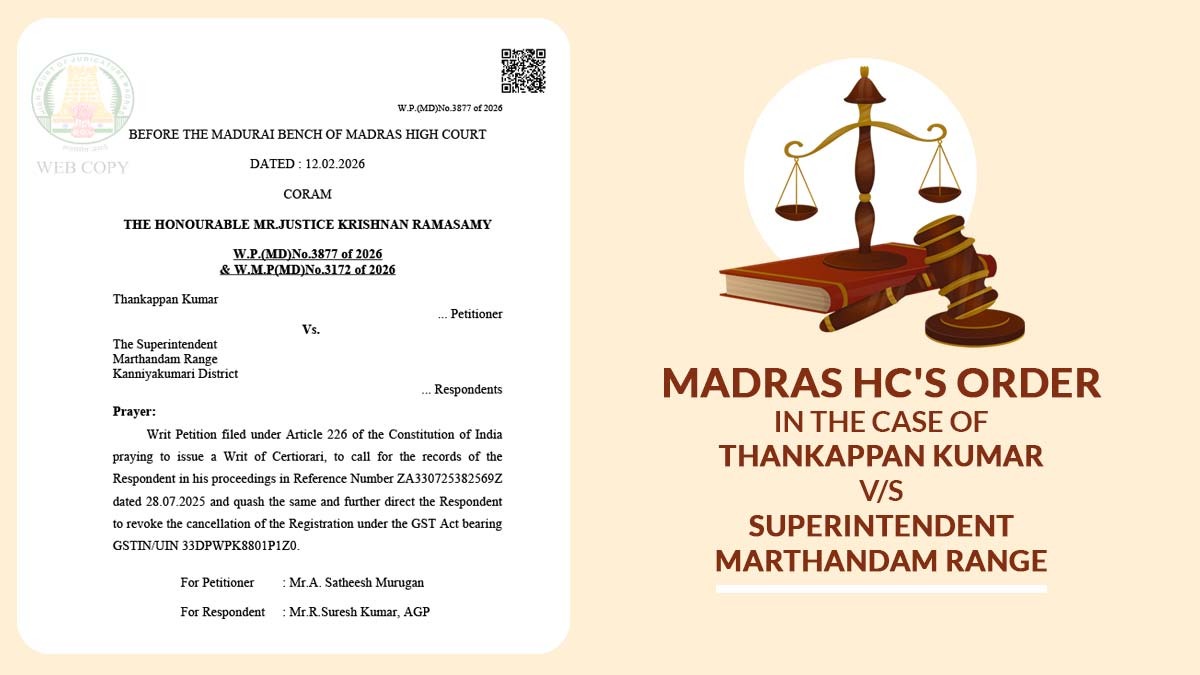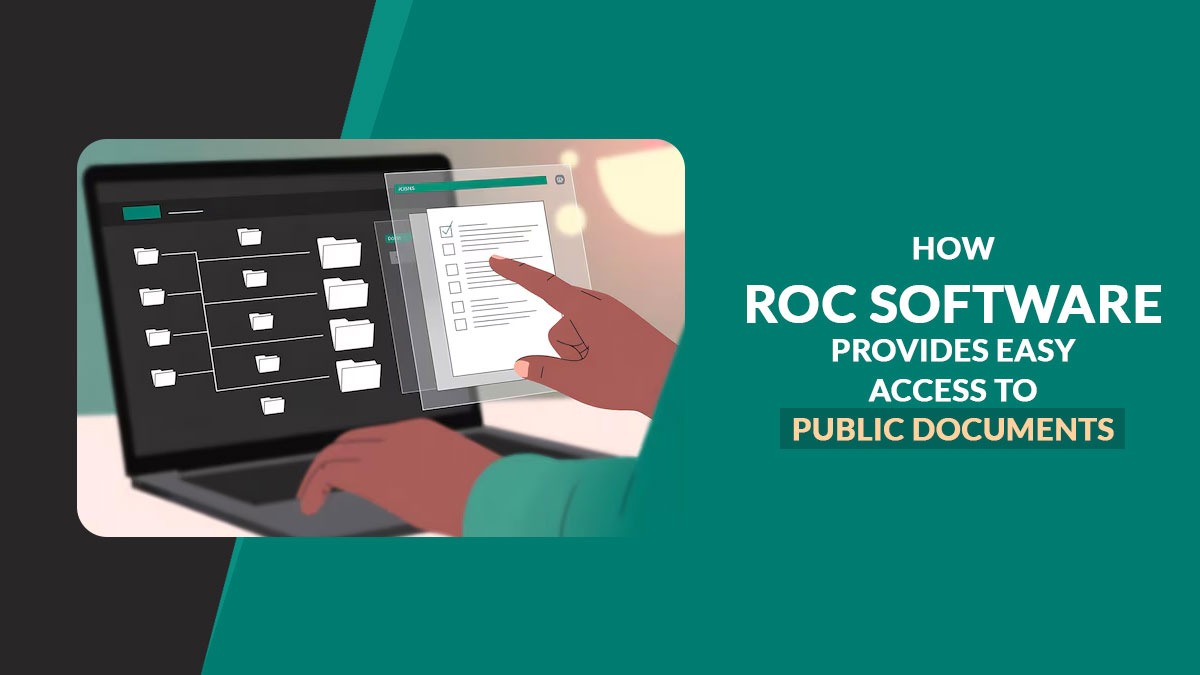
When a person reaches court seeking a legally required court order in a notice against another party or parties that may affect them and also deliver the same notice to other parties in a permitted way then the complete process is known as service of notice under GST (Goods and Services Tax) . A court paper needs to be delivered in a way that is permitted by law and proper proof of delivery also requires it to be submitted in the court.
It may seem a bit complicated, but to make everything clear let’s take a look at Serving notice, its importance, and why it is required.
What is the Service of Notice Under GST?
A notice of service is a legal document, and it reflects that a claim has been raised against a party for a legal dispute. It is normally sent with a copy of the summons to a party and the party has to defend himself in the matter.
Read Also: Latest Official Updates Under GST by Indian Government 
Here summons are orders that require a person to appear in court or for an official inquiry. It is used to inform the receiving party. It needs to be carried out carefully according to the law.
It provides an appropriate and legal way of communication to the parties and also brings them into the court to solve the issue. Just like any other process of law, service of notice under GST, summon, etc. also have various rules, guides, and steps, so let’s take a look at all of them.
Service of Notice Under CGST
Section 169 of the CGST Act, 2017 
- Serving directly or by messenger
- Serving by post
- Serving by Email
- Serving at GST portal
- Serving by publication in a newspaper
- Serving by affixing at a conspicuous place
Section 169(2) Deemed Service
All the decisions, summons, order, notice or even any other document wise communication will be considered to have been served on a specific date on which it is
- Tendered or
- Published or
- A copy has been attached according to the way provided in subsection (1).
Section 169(3) Deemed Receiving by Addressee
All the decisions, summons, order, notice or even any other document wise communication is delivered by registered/ speed post
- It will be believed that the communication document has been received by the addressee
- At the end of the said period
- Usually taken by such post in transit
- Until the converse is proved
Service of Notice under Income Tax Act
The issue of the service of notice is covered under section 282 of the Income Tax Act 1961 
After Section 282, Section 283 concerned the service of notice on the dissolution of a family or dissolution of a firm, etc. whereas section 284 concerned the service of notice in case of discontinued business.
Service of Notice is Important
It is a mandatory and important part of any process under lawful manner before courts. In some situations or cases such as if the person denies receiving the notice or if he doesn’t claim the same even after he was informed about it. Addresses, names, and dates need to be relevant in these documents.
In order to bring sureties and to avoid attempts to ascertain the process of receiving the notices, the purpose of the statute would be better served preferable if the date of the issue notice is Considered as compliance of the requirement of provision to section 143 (2) of the Income Tax Act. In fact, this is the only conclusion that can come from the expression ‘serve’ reflected in section 143 (2) of the Income Tax Act.
The service of any form of communication is to fulfill the requirements of the principle of natural justice. It has two important limbs (a) Nemo Judex in Causa Sua and (b) Audi Alteram Partem. These two are base and without then-No law can survive.
Read Also: Latest Official Tax (Income Tax + TDS) Updates by CBDT of India 
The principle of natural justice will remain incomplete without proper service to any notice or document having details in the summarised form that is, what is against the person? Therefore, this notice should be served by giving directly or by tendering through the communication specified under the Act.









can you please provide the link of the notification in the end.
https://www.cbic.gov.in/htdocs-cbec/gst/central-tax-notfns-2017
nice